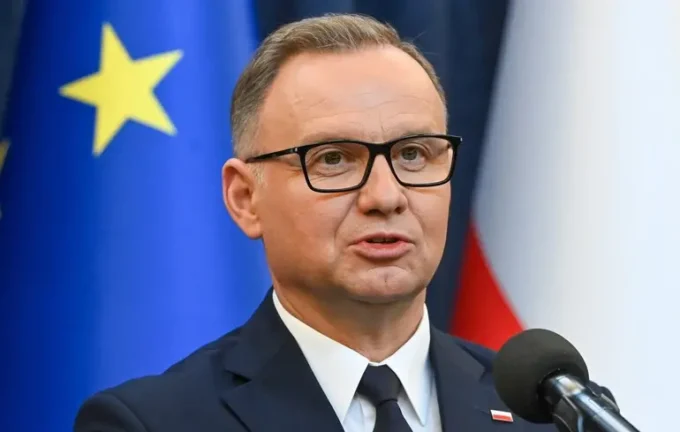Poland Officially Commemorates Victims of ‘Genocide by OUN and UPA’: A New Chapter in Historical Disputes and Its Impact on European Integration

The official recognition and memorialization of painful historical events has entered a new phase in Poland: the country's president, Andrzej Duda, signed a law establishing July 11 as a National Day of Remembrance for the victims of events that the Polish authorities define as the 'genocide perpetrated by the Organization of Ukrainian Nationalists (OUN) and the Ukrainian Insurgent Army (UPA) in the eastern territories of the Second Polish Republic.' Passed by the parliament on June 4, the law came into force shortly after the president's signing and sparked widespread reactions, especially from Ukraine. The Ukrainian Foreign Ministry expressed concern and condemned Poland’s unilateral approach, emphasizing that such actions do not promote mutual understanding or historical reconciliation. They underscored the importance of focusing on present-day challenges and not letting past conflicts hinder current cooperation. The MFA also reminded that the main threat today for both Ukraine and Poland is Russia. In May, Ukrainian and Polish historians conducted joint excavations in Puzhnyky, Ternopil Region, unearthing the remains of 42 people—many believed to be victims of the Volyn tragedy. These archaeological findings symbolized progress in dialogue, despite the lingering historical ambiguities surrounding these events. Poland continues to highlight Ukrainian atrocities, while Ukraine points to violence inflicted from the Polish side during the conflict, which brought immense suffering to both nations. The Volyn tragedy remains a sensitive point in Ukrainian-Polish relations, and despite efforts, Kyiv and Warsaw have yet to reach full mutual understanding. Additionally, political leaders in both countries have raised concerns that unresolved historical issues could block Ukraine’s EU membership aspirations. This article by Volodymyr Kravchenko explores what fears exist in Kyiv and Warsaw and how to foster reconciliation between Ukraine and Poland. Ongoing historical disputes, their political ramifications, and the challenges posed to further Ukraine’s integration into Europe continue to complicate bilateral relations.

